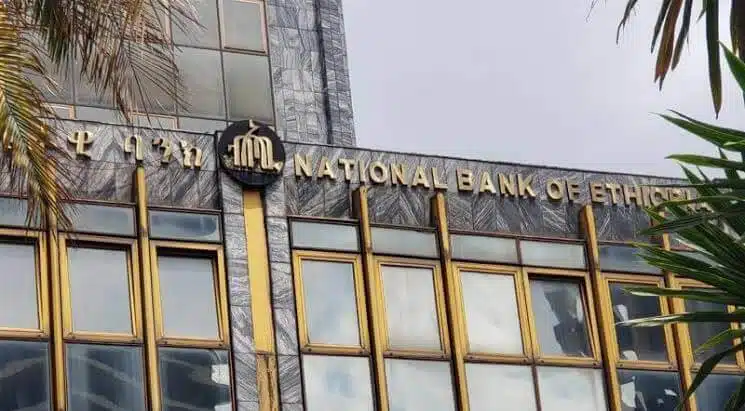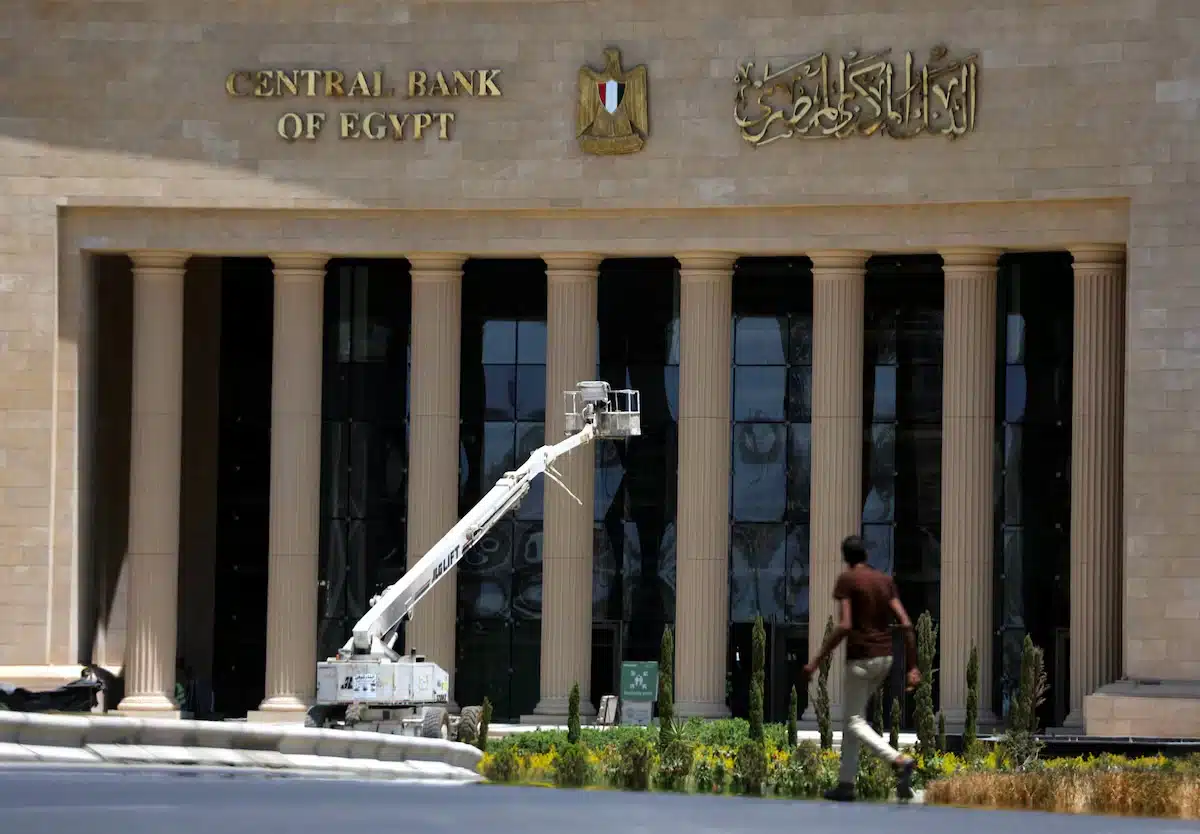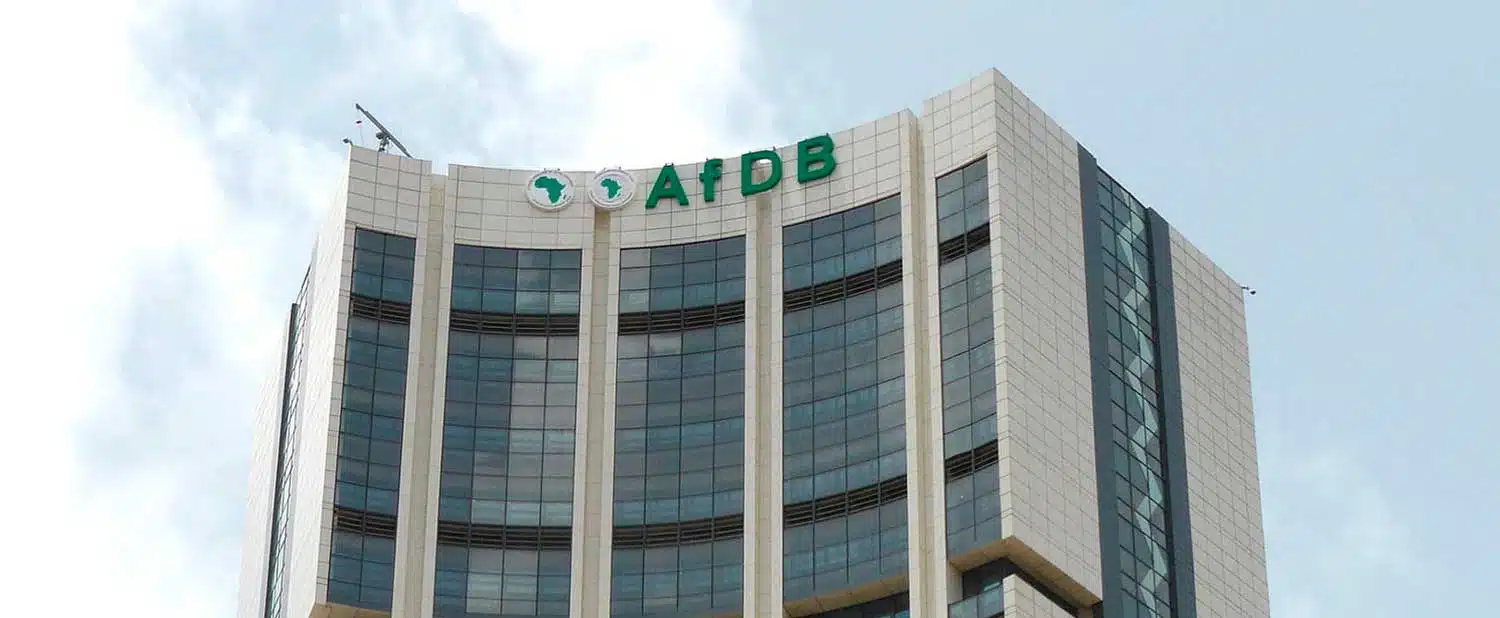The Ethiopian government has predicted that the gradual removal of the cap on credit to the private sector would be finalised by the end of September 2025.
These assertions were made in the Second Review of the Extended Credit Arrangement and Finances Assurances Review between the International Monetary Fund (IMF) and the Federal Democratic Republic of Ethiopia, 2025.
Why the cap on credit to the private sector?
The National Bank of Ethiopia (NBE) on August 11th 2023 decided to slow the soaring inflation rate and costs of goods. With a 29.3% inflation rate as at June 2023, food inflation at 28% and non-food inflation at 31%, the bank decided to place a 14% cap on the growth of credit to the private sector. Lending rate to commercial banks was also increased from 16% to 18%.
The cap on credit to the private sector shrunk the total amount of loans commercial banks could give to businesses. It forced banks to streamline the industries to which they would provide loan facilities.
In January, the NBE announced an 18% increase in the cap credit to the private sector following easing inflation rates.
The good, the bad and the ugly of the cap
Within a year, the NBE recorded tremendous improvement. The overall inflation rate dropped to 23.3% and non-food inflation to 20%. Food prices were also forced to slow down significantly.
However, the cap had some negative effects for the real economy. As Abdulmenan Mohammed, an Ethiopian financial analyst speaking to Birrmetrics noted, “except for state banks, the private banks are less keen on providing finances to the manufacturing sector.
With the credit cap, the availability of finance for the manufacturing sector will be tight unless the borrower has a strong relationship with the banks. This will affect the manufacturing sector, which is riddled with so many problems.”
The banking sector also experienced some blows as a result of the cap order. New banks found it difficult to make profit from credit facilities to individuals and businesses.
Worku Lemma, an Ethiopian banker with 20 years of experience under his belt noted that for newer banks, “Their opportunity to grow market share gets quashed against larger incumbents who dominate limited available loans under the caps.”
The government has also acknowledged that cap on credit to the private sector has not been completely helpful in slowing down the inflation rate. For it, cap only “leads to an inefficient allocation of credit and distorts monetary transmission.”
Cap off, financial sector’s blossoming on
Per the review, the credit cap removal is aimed at cementing a more modern and progressive market driven financial system in the country. In removing the credit cap, the government hopes to achieve a more liberal financial sector which is driven by the market with reduced government or NBE’s intervention.
Asides removing the cap, the Ethiopian government has stated that at the start of the next budget year, it will introduce treasury bonds which will be priced solely based on market demand.
These newly introduced treasury bonds will repeal the existing market system which mandates banks to buy bonds at a fixed rate of 9%.
The IMF on the other hand has cautioned that the Ethiopian government undertakes a gradual removal of the credit cap so as not to aggravate the country’s rising inflation. “With inflation expected to rise into 2025, ensuring that exchange rate pass-through and gradual fuel price increases do not trigger persistent second-round effects is a key priority,” the IMF stated.






